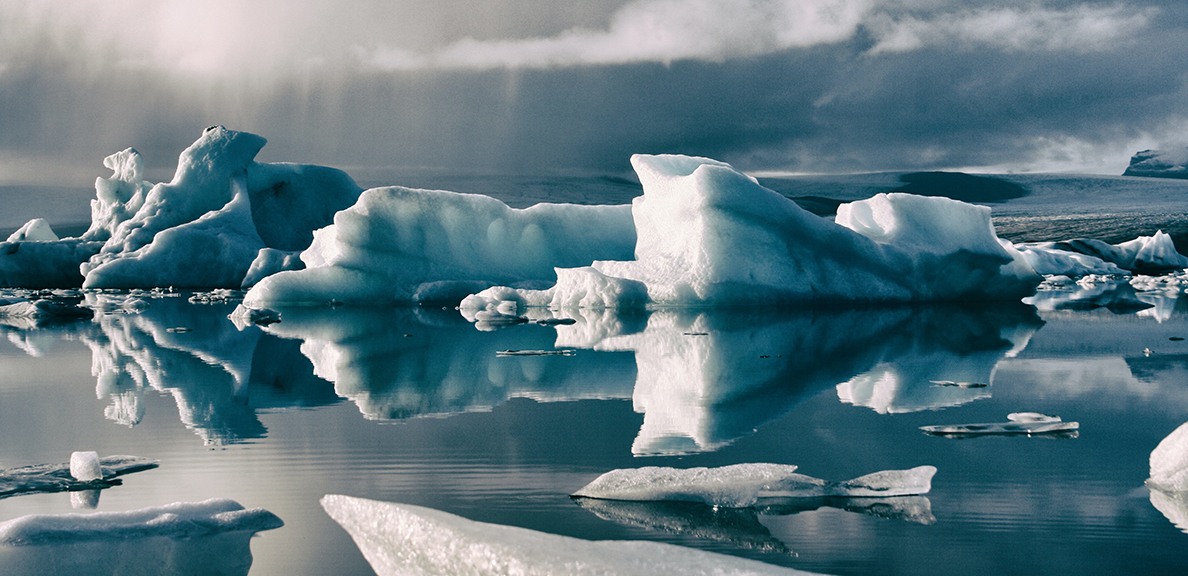
The Politics of Climate Change
BY Cal State East Bay
April 20, 2021
As part of Earth Week, the Office of Sustainability will host “The Politics of Climate Change,” on Tuesday, Apr. 20 at 12:30 p.m.
“The climate crisis is the most pressing issue of our time. As educators, it is our responsibility to make sure students are aware of the issues and how they can take action to mitigate impacts through political structures,” said Jillian Buckholz, director of sustainability. “It is really exciting that Cal State East Bay is the academic home of experts, Amy Below, Laura Wing, and Juleen Lam, who will guide a conversation on national and international policies related to climate change and how we can make positive change as a community.”
Faculty experts will highlight where the Biden Administration stands in respect to the climate crisis, domestic and international policies, new executive orders, current events and personal action items.
“Governmental policies have an enormous impact on climate change and environmental protections,” said Laura Wing, adjunct professor of political science. “I want students and staff to learn more about the vastly different approaches of the Trump and Biden administrations so that they can make an informed choice about what policies they want our elected officials to support.”
According to presenters everyone needs to pay attention to climate change since it affects all of us.
“Climate change doesn't just affect coral reefs, polar bears, how much snow we get in Tahoe during ski season, or people in far-away countries,” said Juleen Lam, assistant professor of public health. “It affects all of us. It will impact how often we see forest fires in California and the severity of those fires, the pricing and availability of food, whether we have air that's safe to breathe or water that's safe to drink, and — most importantly — whether our future generations will have a safe and healthy place to call home. We should all care because we collectively are the problem, but we also have the ability to influence change.”
Advocates say the time for change is now.
“We are at a critical inflection point with climate change,” said Below. “International commitments, as called for in the Paris Accord, are currently not enough to keep the world below a 2 degree increase. “The United States needs to join with other nations to push for greater reductions, especially from some of the biggest emitters.”
Share this story